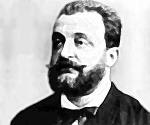My feelings on this episode went through a bit of a roller coaster. When I saw the cover image for it, I was groaning inside. I did not want to watch this one. I did not want to deal with a bunch of Ferengi.
Once I got started with it, my reaction changed. “Oh, it’s this guy! And that guy! Oh, fantastic!”
Followed shortly by another let-down as DS9-writing settled in to muck it up. There were a couple more rise-and-falls, as the plot seemed like it had potential, but then always fell back into the mud as the writers just couldn’t pull the trigger.
Primary Plot
The plot in this one has some decent potential. The Ferengi version of the Pope (complete with kissing of his scepter) comes by Quark’s little place of business on DS9, bringing a host of other high-level, scheming Ferengi in his wake. This exalted Ferengi is the titular “Grand Nagus,” and he apparently makes high-level decisions for the Ferengi on who may conduct business where and when.
The Nagus has come to Deep Space 9 to discuss Ferengi business territory in the gamma quadrant. Instead, he abruptly retires and names Quark as his replacement. Quark is then in charge of doling out territory in the gamma quadrant. After giving Quark some advice and rules-of-thumb for being Nagus (the final piece was “when in doubt, be ruthless”), the former Nagus then dies.
Quark is a big target as the top-dog Ferengi. There are assassination attempts on his life, and he struggles with his new role as an alpha. It is unfamiliar territory for him. He’s used to having to connive, obfuscate, and circumvent Odo, Sisko, and Kira the Needlessly Defiant. He enjoys telling people what to do, but he isn’t used to having to assert his will and dominate others while doing so. He is also not used to having to guard himself at all times.
Needless to say, Quark struggles with his new demands. He isn’t ruthless, and he doesn’t scheme well. He doesn’t act greedily. He whimpers. But, of course, he’s saved by the writers. The Nagus wasn’t dead after all. It was all a fake, and he takes his duties back at the end of the show.
One of the biggest problems with this episode is the character the Ferengi make of themselves. They’ve pissed away all their reputations with everyone they have dealings with, so they are looking forward to being able to take advantage of everyone in the gamma quadrant. They’ll have a clean slate, so no one will have heard of the deserved bad reputations they have.
For being all about profits, they are unable to think long-term to maximize profits. Their cultural blind spots are staggering, and they cannot conceive of how outsiders view them or how to relate to them. Honestly, this episode is so “on the nose” about this caricature and portrayal of the Ferengi, I don’t know that it could be aired today. I’m almost certain it would be tarred with the “anti-Semitic” brush.
This would not be helped by all the Ferengi introduced in this episode being played by Jewish actors. All of them. Without exception. There are some very enjoyable actors as Ferengi here. The Nagus is played by this guy:
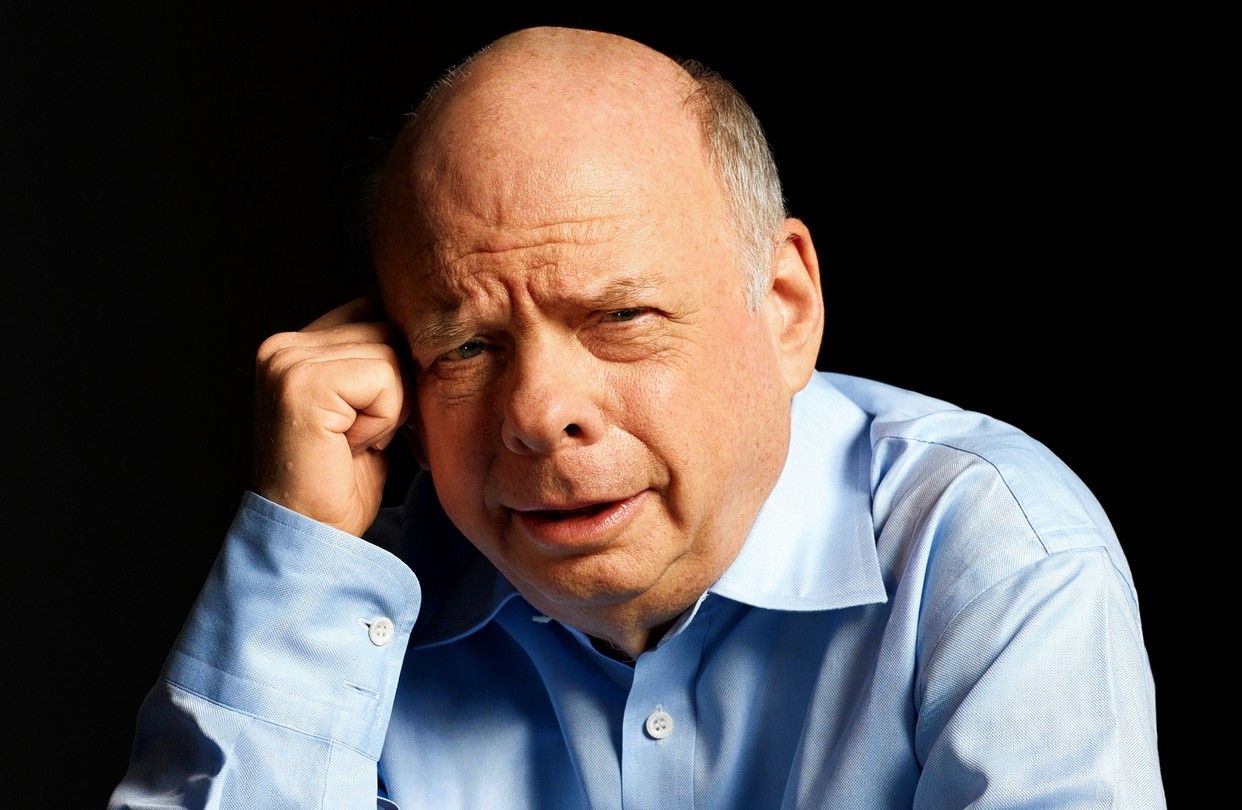
I always enjoy him in whatever he’s playing. Normally he is a very silly, over-the-top character who is also equal parts annoying. That isn’t the case here. He is perfect for this role. For as little screen time as he has as the Nagus, he just owns that role. (My favorite role of his, however, is not in the Princess Bride. Rather, it is as Sheldon’s Meemaw’s boyfriend, and Sheldon’s mentor, on Young Sheldon.)
And Quark’s main opposition as Nagus is played by this guy:
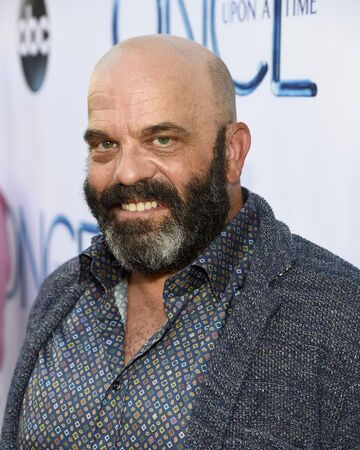
Yes, he of Pirates fame in just 8 short years after this episode was aired. It was very cool seeing him here.
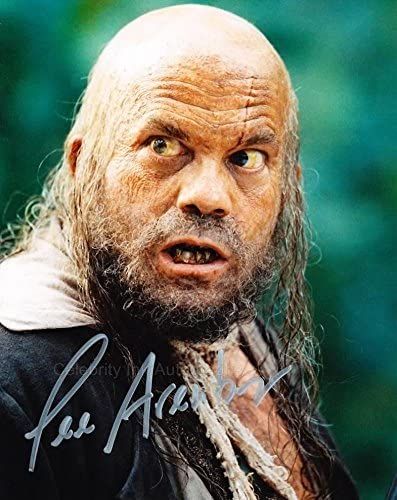
The other major problem this episode has is the Ferengi scheming, or lack thereof. It doesn’t happen. There are bountiful opportunities for Quark to play each Ferengi schemer off each other, or to scheme to provide protection for himself both physically and through being essential to each other Ferengi’s success, and perhaps that could have been something that was on-going beyond this episode. It was set up so beautifully throughout this episode. That was a shot that was looking for a spike over the net. It would have been a glorious spike. But the writers bumped it away instead.
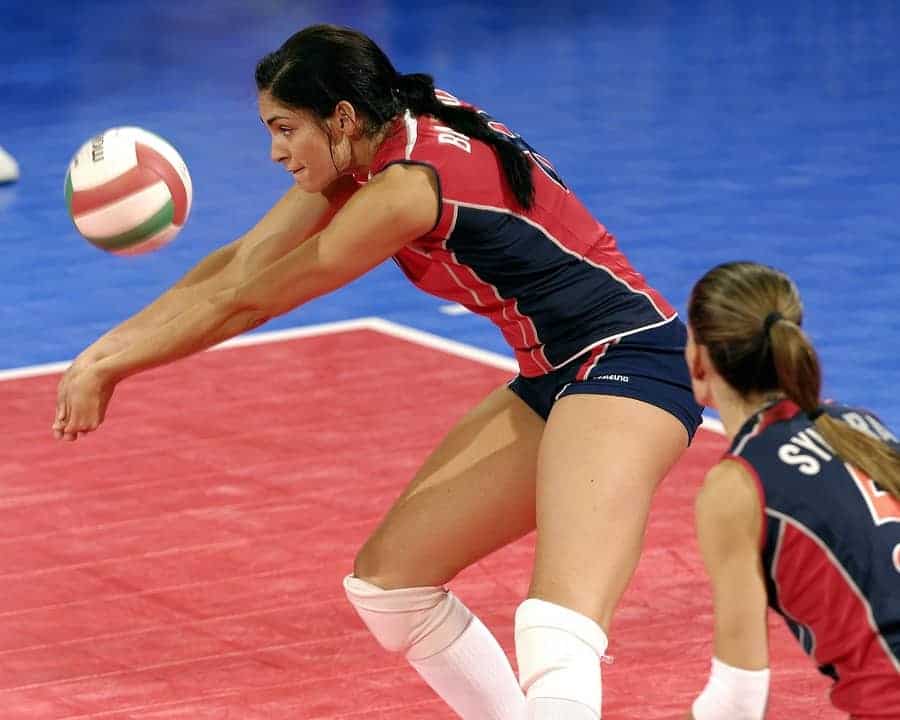

Secondary Plots
Hero Miles O’Brien’s wife is away, so he must be the substitute teacher at the school. He’s not great at it, and is frustrated at dealing with his students, particularly Nog, the Ferengi boy. Nog doesn’t do his work, makes up lies about it, and gets Jake Sisko to back him up.
Our Hero isn’t quite up to the task. He’s a hero, not a teach or a miracle worker. Like all heroes, he has strengths and weaknesses.
O’Brien isn’t the only one struggling with minors. Sisko is having a lot of issues with his son. Jake won’t listen to him, doesn’t want to spend time with him, etc. Keeps hanging around the Ferengi boy, Nog, until Nog refuses to have anything more to do with humans.
This leads to an interesting, and for Star Trek, shocking, admission—culture matters, and not all cultures are equal. Jake points out to his father that he is always espousing making friends and understanding other races and cultures. Sisko admits this is true, but also says the Ferengi are an exception. They have never been able to find any shared values between the cultures, and there is no common ground on which to build a relationship.
Other Thoughts
This episode wasn’t bad. But again, it wasn’t good. Missed opportunities and a lack of awareness from the writing team hampered things. Perhaps it was due to limitations on production. I don’t know. But certainly this episode did not fare nearly as well as it could have because of it.
It was interesting to see how “based” this episode was, however. Unintentionally so, I’m sure, but never-the-less, some information and viewpoints do come across that I’m certain would be disowned by the show creators and studio at this current moment in history.
Overall, this episode moved to slowly, was too boring, and missed too many obvious marks to be very good. It honestly wasn’t terrible. It just wasn’t good, and it left me frustrated at what could have been.
